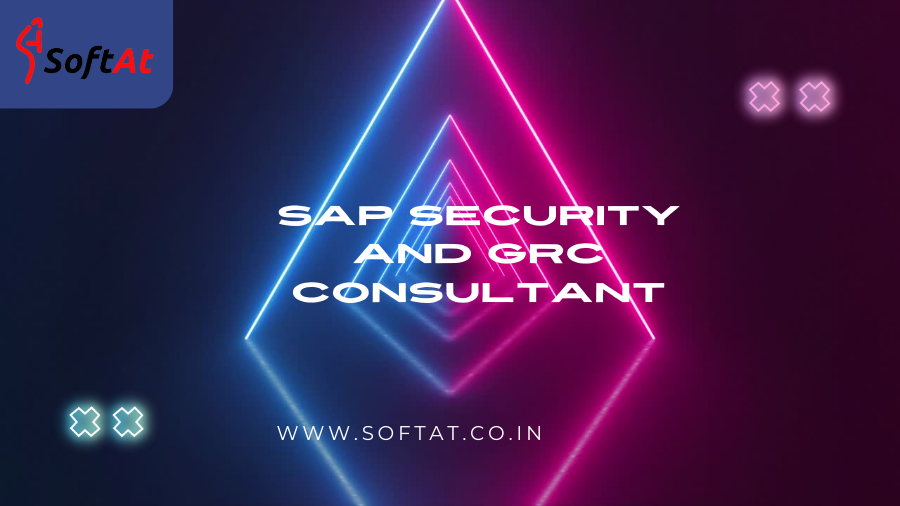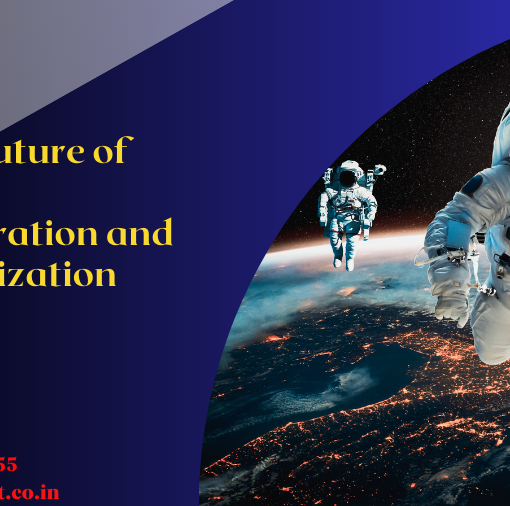Basics of SAP Security and GRC Consultant
SAP Security, including GRC (Governance, Risk, and Compliance), involves protecting SAP systems and data from unauthorized access and ensuring that only authorized users, including GRC Consultant, have the right level of access. This includes managing user roles, authorizations, and authentication methods within SAP applications. SAP Security and GRC Consultants are responsible for designing, implementing, and maintaining security measures to safeguard sensitive information.
Key responsibilities of an SAP Security consultant may include:
- User Administration: Managing user accounts, roles, and authorizations.
- Role Design and Maintenance: Designing and maintaining roles to ensure users have the appropriate access levels.
- Authentication and Single Sign-On: Implementing and managing authentication methods, as well as integrating single sign-on solutions.
- Security Auditing: Conducting regular security audits to identify and rectify vulnerabilities.
- Incident Response: Responding to and resolving security incidents.
SAP GRC (Governance, Risk, and Compliance): SAP GRC focuses on managing and mitigating risks associated with business processes and ensuring compliance with regulations and policies. GRC consultants work on implementing SAP GRC solutions to streamline risk management, access control, and compliance processes.
Case Studies
Real-World Examples of Successful SAP Security Implementations
Case Study 1: Global Manufacturer
A global manufacturing giant faced challenges in securing its diverse SAP landscape. By employing a comprehensive security strategy, including role-based access controls and continuous monitoring, the consultant not only mitigated security risks but also improved system performance. The result? A robust SAP environment resistant to cyber threats.
Case Study 2: Financial Institution
In the highly regulated financial sector, a consultant played a pivotal role in aligning SAP processes with ever-evolving compliance standards. Through the implementation of GRC tools, the institution achieved a seamless balance between innovation and compliance, gaining a competitive edge in the market.
Best Practices for SAP Security
Regular System Audits
Routine audits are the cornerstone of effective SAP security. Regularly assessing user access, system configurations, and logs helps identify and rectify vulnerabilities before they can be exploited.
Continuous Monitoring and Updates
Security is not a one-time task but an ongoing process. Consultants emphasize the importance of continuous monitoring and prompt updates to stay ahead of emerging threats.
Future Trends in SAP Security and GRC
Emerging Technologies and Their Impact
The future of SAP security lies at the intersection of advanced technologies. Artificial Intelligence (AI) for threat detection, blockchain for secure transactions, and cloud solutions for scalable security infrastructure are emerging as game-changers.
Key responsibilities of an SAP GRC consultant may include:
- Risk Management: Identifying and assessing risks associated with business processes and implementing controls to mitigate those risks.
- Access Control: Ensuring that access to sensitive data and transactions is controlled and monitored.
- Compliance Management: Ensuring compliance with industry regulations and internal policies.
- Policy Management: Developing and enforcing policies related to security and compliance.
- GRC Reporting: Generating reports to provide insights into risk and compliance status for decision-making.
Integration of SAP Security and GRC:
Both SAP Security and GRC are interconnected, as effective security measures are crucial for maintaining compliance. GRC solutions often incorporate features related to access controls and security monitoring.
SAP Security and GRC consultants play a crucial role in ensuring the integrity, confidentiality, and availability of SAP systems, as well as managing risks associated with business processes.
Role of a SAP Security and GRC Consultant
Defining Roles and Responsibilities
SAP Security and GRC consultants wear multiple hats. They are not just tech-savvy individuals; they are guardians of data integrity. From defining access controls to implementing security protocols, their responsibilities encompass a wide spectrum.
Ensuring System Integrity and Data Confidentiality
In a world where data is the new currency, consultants work relentlessly to ensure that the SAP environment remains a fortress. They employ encryption, authentication mechanisms, and constant monitoring to safeguard against both internal and external threats.
Key Skills Required
Technical Expertise in SAP Systems
A consultant’s proficiency in SAP systems is non-negotiable. From understanding the intricacies of SAP modules to troubleshooting system vulnerabilities, a deep technical acumen is a prerequisite.
Knowledge of Governance, Risk, and Compliance (GRC) Processes
Beyond technical know-how, consultants must navigate the complex landscape of governance, risk, and compliance. Their role involves aligning SAP processes with industry regulations, ensuring that the organization treads the path of ethical and legal business practices.
Conclusion
In the ever-evolving realm of SAP security and GRC, consultants emerge as the unsung heroes, fortifying businesses against digital threats. As technology advances, their role becomes increasingly crucial. Investing in the right consultant isn’t just a business decision; it’s a strategic move to safeguard the heart of your operations—your data.
FAQs
- Q: What makes SAP Security and GRC consultants essential for businesses?
- A: These consultants ensure data integrity, system security, and compliance with industry regulations.
- Q: How can businesses mitigate security risks in SAP environments?
- A: Regular system audits, robust access controls, and continuous monitoring are key strategies.
- Q: What are the emerging trends in SAP security and GRC?
- A: Trends include the integration of AI, blockchain, and cloud solutions for enhanced security.
- Q: What certifications should a SAP Security and GRC consultant possess?
- A: Recognized certifications include SAP Certified Application Associate and Certified Information Systems Auditor.
- Q: How do consultants address resistance to change in implementing security measures?
- A: Effective communication, training programs, and showcasing success stories help overcome resistance.
Free Bonuses:





